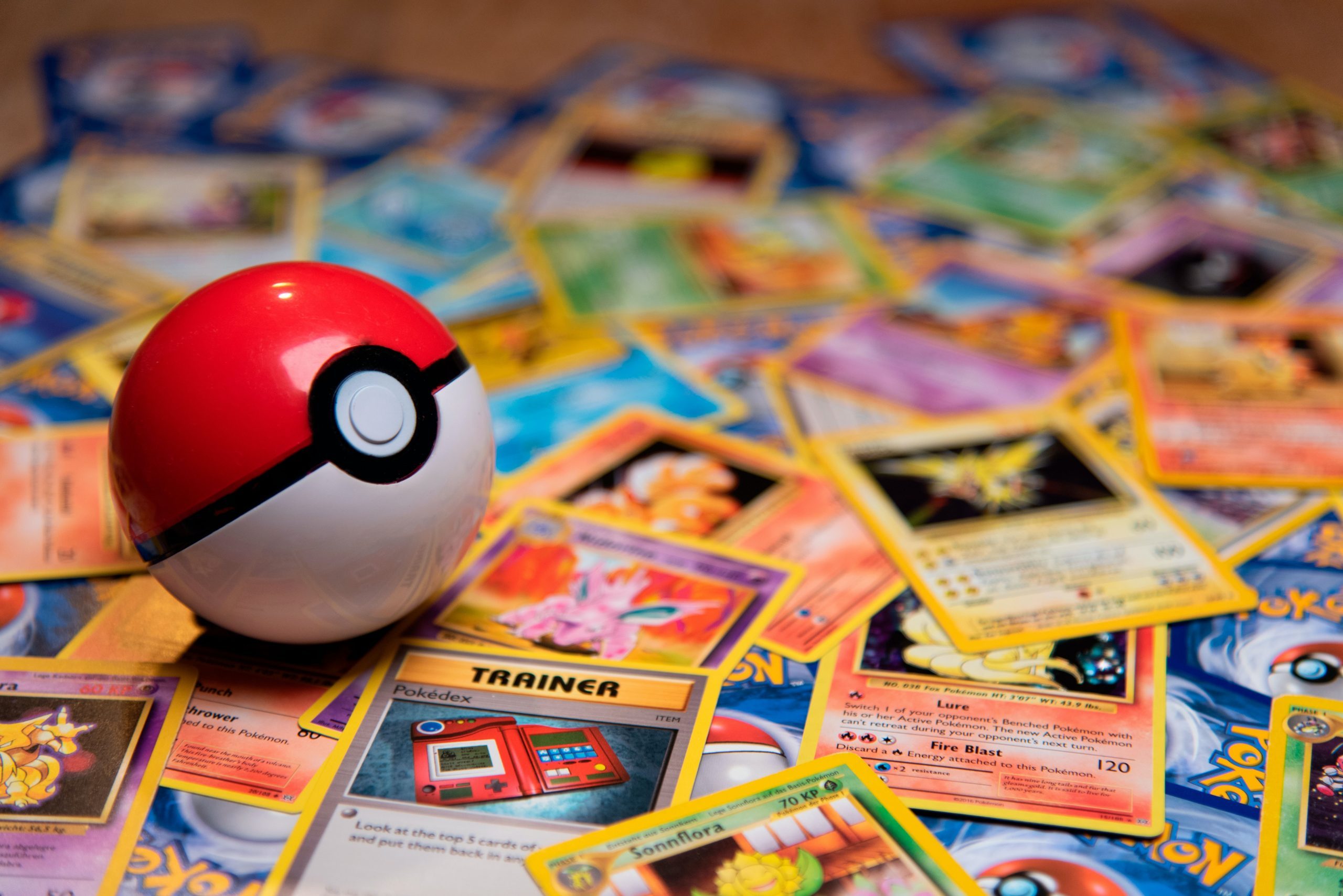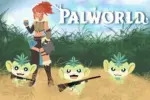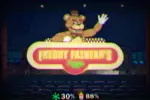During the pandemic, the world saw a huge increase in all types of trading card sales, spurring on a whole new market online fueled by YouTuber mass unboxing videos and resale markets online. This massive new demand for trading cards has put the whole trading card industry into a tangle, from casual collectors to retailers. Toward the beginning of the new frenzy, Walmart and Target both announced that they would take trading cards off their shelves because of “inappropriate customer behavior.” The ban affected a lot of different franchises, such as Pokémon, MLB, NBA and NFL, all of which were benefiting financially from this new boom.
Although both Walmart and Target have since rescinded the ban, some locations still limit buying to certain days or a certain number of packs to decrease problems and deter scalpers. Scalpers, those who buy cards in bulk to sell later, are a big problem in the community, oftentimes buying out the entire stock at a store or online marketplace to resell later at a higher price. The trading card industry has changed a lot recently, and it’s only become more and more lucrative.
In the Pokémon trading card world, sales have increased astronomically, with eBay citing a 574% increase in Pokémon trading card sales from 2019 to 2020.
In general, consumer attention has focused on high-selling packs, boxes and cards. Pokémon itself has broken many records this year alone, with its most expensive card ever being sold last February. The card was a 1998 Japanese “Illustrator Pikachu” that sold for $375,000. One of only 40 in the world, the card was distributed to winners of a Japanese Pokémon competition that let fans create their own Pokémon cards.
The Yu-Gi-Oh! trading card game has seen a similarly resurrected demand. In June of this year, a Chinese auction website hosted a bid on a Japanese 20th anniversary Gold Edition Blue-Eyes White Dragon card, a rare find since only 500 copies of the card exist worldwide. The final bid was $13.4 million before the site took the listing down, stating that the actual value was significantly lower. The estimated value is around $45,000.
YouTubers and Twitch streamers have gotten in on the fun as well. Streamer and YouTuber Ludwig set up a “Pokémon Week” last December, with a total of $235,000 worth of Pokémon boxes being opened. Other popular faces appeared in the lineup, such as MoistCr1TiKal and Pokimane, which definitely brought more attention to the sphere of trading card collecting. The platform Twitch itself has even noticed an increase in the popularity of trading card unboxing streams.
Other celebrities have found themselves susceptible to the trading card craze as well. Retired rapper Logic got in on the action in 2020, with purchases such as a $23,000 base set box and a $226,000 PSA 10 base set 1st Edition Charizard card. While this set a record last year for the most expensive Pokémon card sold and the most expensive Nintendo collectible sold, the record has since been broken many times by many other cards. Similarly, pseudo-celebrity Logan Paul has been unboxing his own Pokémon boxes, with a recent video featuring $2 million worth of boxes being opened.
Arguably the most popular type of unboxing videos are those that feature boxes not in production anymore, and extra points are given the older the box is. However, as more and more of these boxes get bought, there are fewer and fewer in the world. Of course, this seems simple, but it really affects the economy of the trading cards. With a consistently dwindling supply and an explosively growing demand, the price for these boxes will continue to rise indefinitely. There’s no real count of how many are left, but with each box opened, there’s one less in the world, which makes the next one even more special and rare. In addition, the card and card box sales are getting more publicized, which makes for a more accurate count of how many more are in rotation.
Franchises such as Pokémon and Yu-Gi-Oh! have recently started developing new apps where players can take their card battles online, an interesting way to pander to both collectors and fans of the card games alike. Yu-Gi-Oh!’s new trading card game, Yu-Gi-Oh! Master Duel online, is set to release later this year on consoles and phones. Pokémon has a similar game coming out, Pokémon TCG Live, that is also set to launch later this year.
While online versions of these trading card games were available before this, these updated versions look a lot better than their older counterparts and bring up an interesting point about the future of trading cards and trading card games. In the case of Pokémon, there was no mobile app that let fans play the Pokémon Trading Card Game Online; the client was only able to play on tablets and computers. However, the new version of Yu-Gi-Oh! TCG runs on consoles and the new version of Pokémon TCG runs on phones, new steps for both companies. The success of physical card games right now has revived the need for new apps to be able to play.
Since physical cards are becoming so sacred as their value continues to go up, it makes sense for these companies to introduce digital ways to interact with their cards. In this way, consumers can be both collectors and players at the same time, being able to enjoy the card game while not affecting the condition of their cards. This approach has seemed to work, as most fans are really pleased by this, and there is a bustling online fan base for players of both of these card games.
Of course, sometimes I wish that I had taken better care of some of my Pokémon cards when I was a kid so I could have some nice-looking rare cards. But I was a kid, and I played with them like I was supposed to. I’m not saying that adults should completely stay out of buying trading cards, but we should all remember who these cards are originally made for and know when it’s time to take a step back.
















